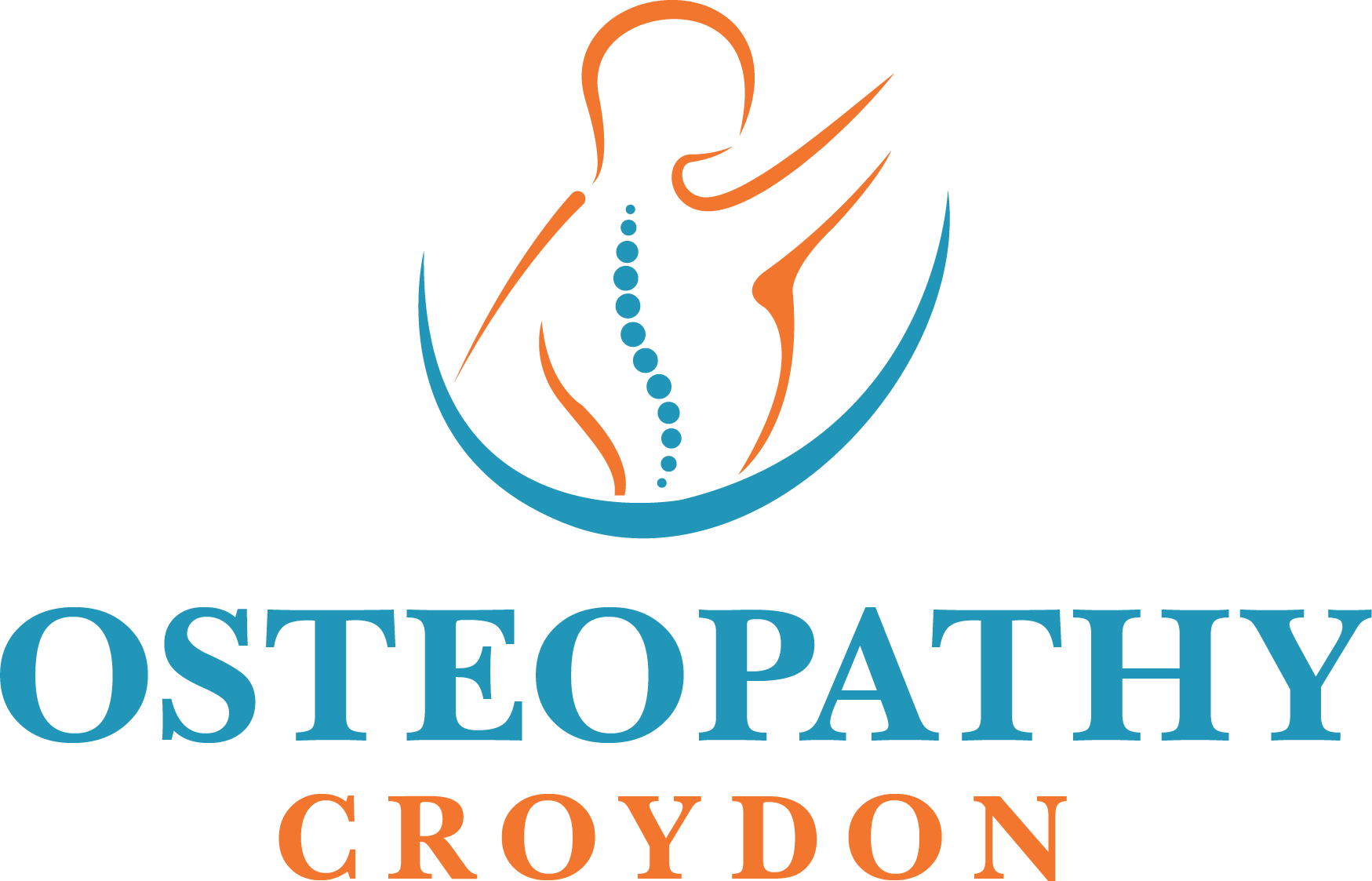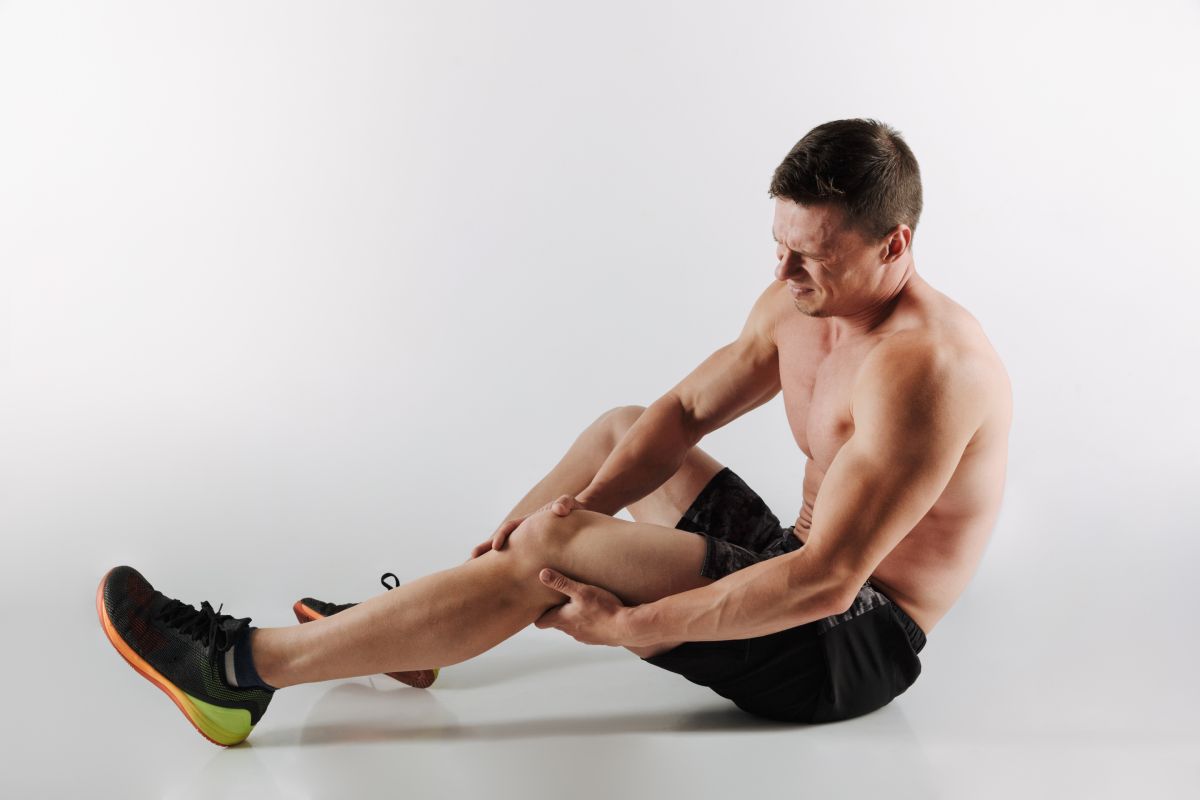Why Do People Consult an Osteopath for Knee Pain?
Is knee pain a frequent problem that you face? It is not uncommon since knee pain can frequently affect people of all ages.
Approximately 25% of all adults suffer from it at some point, which can hinder mobility and impair quality of life. While there is more than one cause of knee pain, osteopaths in Croydon are well-trained and experienced in treating and helping heal the injury.
What Causes Knee Pain?
Referral Pain
An injury or pain in one area can cause pain or discomfort in another part of the body. Pain can be referred to the knee area from your lower back because of the compression of nerves supplied to the lower limbs. It can also be referred to from the trigger points in muscles further up the leg or in the pelvic region.
Generally, hip joint injuries occur because of physical activities or damage caused by age-related degeneration. Since your hip and knee work in conjunction, any movement involving those muscles can trigger knee pain that doesn’t originate from the knee.
Osteoarthritis
Excessive stress on the knee accelerates the onset of osteoarthritis. Although it is a common degenerative process, osteoarthritis can depend on several factors, such as age, weight, genetics, previous injuries, infections, illness, and occupations.
The pain caused by this condition is due to the rubbing of bones that can limit mobility, cause inflammation and lead to muscle stiffness.
Sports Injuries
The knee is the largest and one of the strongest joints in the body. However, its complex structure makes it susceptible to many types of injuries, especially during strenuous physical activities.
Certain sports, such as running, football, and basketball, have an increased risk of knee injuries due to the harsh movements. Any sudden halts, twists or turns can increase pressure on the knee joint, resulting in injury.
Cartilage Tears
The c-shaped knee cartilage called meniscus acts as a shock-absorber between shinbone and thighbone. A sudden twist to the knee while bearing weight on it can lead to tearing. A torn meniscus can cause pain, swelling and stiffness, limiting the full range of motion.
How Can an Osteopath Help with Knee Pain?
Osteopathy is based on the principle that a person’s well being depends on the balance between the different systems in the body. Any misalignment indicates less than optimal functioning of body systems and inhibits the body’s ability to heal itself.
Osteopaths work to correct this imbalance and remove restrictions that limit the body’s self-healing capabilities. They use manual manipulation techniques during osteopathic treatment to:
- Increase joint mobility
- Relieve muscle tension
- Enhance blood flow to tissues
- Help the body heal naturally
By improving the mobility of your knee, osteopathy aims to help accelerate your recovery and support healing. Your first osteopathic consultation may include a discussion of your problem, lifestyle habits, medical history and any concerns you may be facing.
The consultation will also include a full examination to determine the source and symptoms of the pain. Osteopaths consider the body as a whole and provide holistic treatment instead of just treating the symptoms you are suffering from.
For example, if you are suffering from knee pain, you might be walking differently to avoid the pain. This can cause joint or muscle imbalances in other parts of your body, which would’ve gone unnoticed if you took a painkiller.
How to Manage Knee Pain?
In conjunction with the osteopathic therapy, your doctor might recommend some exercises to prolong the effects of treatment and assist recovery. They will also suggest hot or cold compress, gentle exercises, stretching, heating or cooling creams, compression support, braces, etc., to help manage pain.
Since the knee is a weight-bearing joint, it is important to maintain normal body weight. Excess weight can increase the pressure on your knees and cause more pain. Also, exercises should be chosen with care when you are suffering from knee pain.
Swimming or short frequency, high-impact sports such as basketball, tennis, or jogging are appropriate for chronic knee pain. Acute knee pain may require a bit of break from strenuous activities to assist in healing till the pain settles.
Why Choose An Osteopathic Clinic for Knee Pain?
- Increased Range of Movement: An injured or arthritic knee can stiffen up and cause pain, weakness and loss of function. An osteopath can gently encourage proper movement to improve mobility and reduce inflammation.
- Strengthen Muscles: Even a small amount of swelling can inhibit the motion of the muscles around the knee. Osteopaths use a hands-on approach to remove restrictions that may be limiting movement.
- Release Soft Tissue Muscle imbalance can be the reason why the soft tissue around your knee stiffens up. Osteopaths in croydon can identify and treat the inflammation and scar tissue caused by an injured knee.
- Bracing or Strapping Sometimes, you might need proper support to overcome knee problems. Bands or braces can help manage pain and discomfort associated with osteoarthritis. They can also help shift your weight off the damaged area of your knee, reducing the stress on it.
- Reducing Inflammation: If you observe any inflammation, it can signify that your body is trying to protect the area from further damage and is giving you time to heal. Inflammation is often accompanied by other symptoms such as pain, redness and swelling.
Osteopathic techniques help relieve the blockage and help improve the flow of body fluids. Your osteopath doctor might also recommend exercises to improve mobility and advise you to practise PRICE- protect rest, ice, compression and elevation.
- Activity Modification: Depending on the type, area and extent of your injury, your osteopath may recommend limiting certain activities that can slow your healing or cause further damage.
You might be discouraged from participating in strenuous physical movements, but specific gentle exercises and stretches will be suggested to aid healing. A complete lack of physical activity hinders a person’s mobility even after they have healed.
Trained osteopathic professionals can alleviate knee pain by stretching, massaging and manipulating the affected area to accelerate healing. They aim to rebalance the mechanics of your body and facilitate recovery by restoring proper alignment. If you are looking for an osteopath who can expertly treat your knee pain, contact the Osteopathy Croydon clinic.


